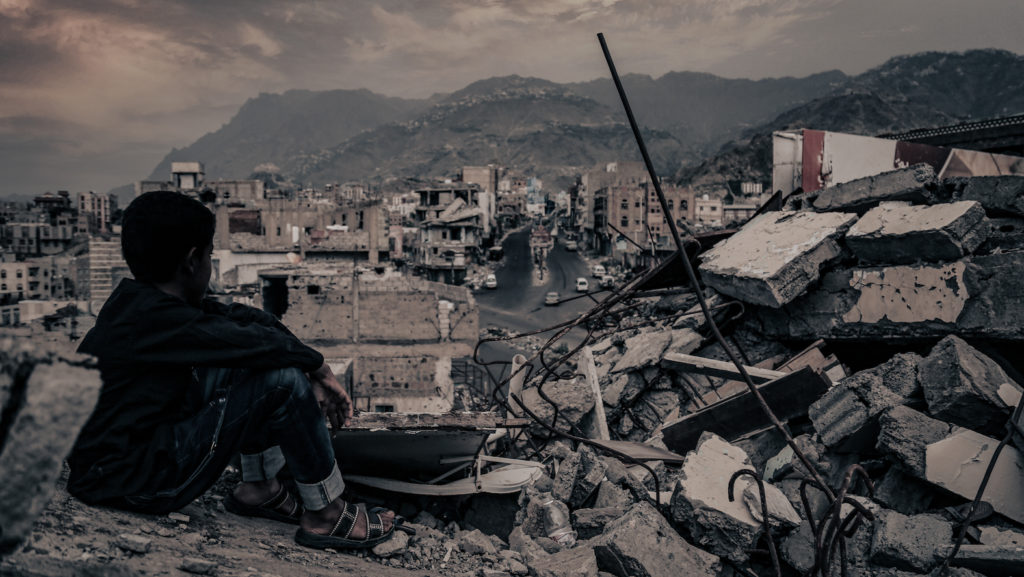“We are all rather blessed in our deprivations if we allow ourselves to be.”
— Flannery O’Connor
Renowned literary critic George Steiner (1929-2020) was born with one arm nine inches shorter than the other. His mother nonetheless forced him as a young boy to learn to tie his shoes:
“It took ten months for me to learn to tie a lace; I must have howled with rage and frustration. But one day I could tie my laces. That no-one can take from you. I profoundly distrust the pedagogy of ease.”
An interviewer once asked him whether his withered arm had made him suffer.
He answered: “It has enabled me, I think, to understand certain conditions, certain kinds of anguish on the part of the sick that are difficult to grasp for the Apollos of this world, for those blessed to have a magnificent body and terrific health… Let’s never forget that Beethoven was deaf, that Nietzsche was subject to terrible migraines, that Socrates was very ugly. It is so interesting to try and see in others that which they may have had to conquer. When I meet someone I always ask myself: what has he or she lived through? What has been his or her victory — or signal failure?”
Many artists have posited the notion that, consciously or subconsciously, they brought certain mental or emotional illnesses upon themselves as a way of generating or protecting creativity. They needed something to rub up against, it seems, and they also wanted to be protected against social and other obligations that would have impinged upon their work.
Acclaimed Hollywood sound editor Walter Murch observes, for example, of Vincent van Gogh: “The idea of this kind of success — of people liking his paintings, of getting frozen into a certain mould as a result — so terrified van Gogh that it contributed to his mental imbalance and suicide. What he wanted to do was investigate. He secretly enjoyed the freedom that poverty and anonymity gave him.”
One wonders if the same were not true of Emily Dickinson, who in her day published only 10 poems; or of Gerard Manley Hopkins, who after being ordained, gave up writing verse for seven years, believing it to be incompatible with his vocation as a Jesuit priest.
The conflict between fame and privacy; the passion required for the vocation of writing versus the passion required for the vocation of the priesthood, or wife, mother and/or helpmeet must surely make for intense suffering.
Yet in allowing themselves to be pruned, in suffering the conflict and continuing to work anyway, Dickinson and Hopkins produced some of the finest, richest, most complex poetry the world has known.
Shin Dong-hyuk (b. 1982), born in a North Korean labor camp, saw a 6-year-old girl beaten to death for hiding a few kernels of corn, snitched out his own mother and brother, subsequently witnessed their executions, and escaped through an electrified fence on which his friend died.
He tells the story (since partially revised) in “Escape from Camp 14” (Penguin Books, $18.30) by Blaine Harden.
Paradoxically, it was upon his arrival in free, prosperous South Korea that his existential dilemma truly began.
“When I lived in the camp, I had to suffer a lot of pain. I had to go hungry and put up with beatings and punishment because I didn’t do my work well enough. But in South Korea you have to suffer when you don’t have enough money. It’s exhausting. It’s all about money. That makes it tough for me here. When I think about it, I rarely saw someone committing suicide in the camp. Life was hard and you were an inmate your whole life. But in South Korea many people attempt suicide. They die. It may look like the people here don’t want for anything. They have clothes and food. But there are more people committing suicide here than in the camp.” Tension and failure seem to be built into the human condition, somehow necessary for our full flowering.
“Failure, then failure! so the world stamps us at every turn,” observed philosopher and psychologist William James. “A process so ubiquitous and everlasting is evidently an integral part of life.”
“There is indeed one element in human destiny that not blindness itself can controvert,” added Robert Louis Stevenson. “Whatever else we are intended to do, we are not intended to succeed; failure is the fate allotted.”
So take heart: All ye strugglers and losers of the world, unite! To fail is to participate in the richness and fullness of life; to fail in the short run is the way of Christ.
We don’t want to fail; we don’t strive to fail. But to succeed all the time would lead to a different kind of hell. To feel constant consolation would derogate the need to seek God.
When a person dies whose existence has been all comfort and ease, we might be envious of the comfort, but we also sense that he or she has missed some essential point. When someone dies who has suffered, on the other hand, we might feel compassion, or pity, or even that the person brought the suffering upon him or herself.
But we also think: Ah — that person lived.

